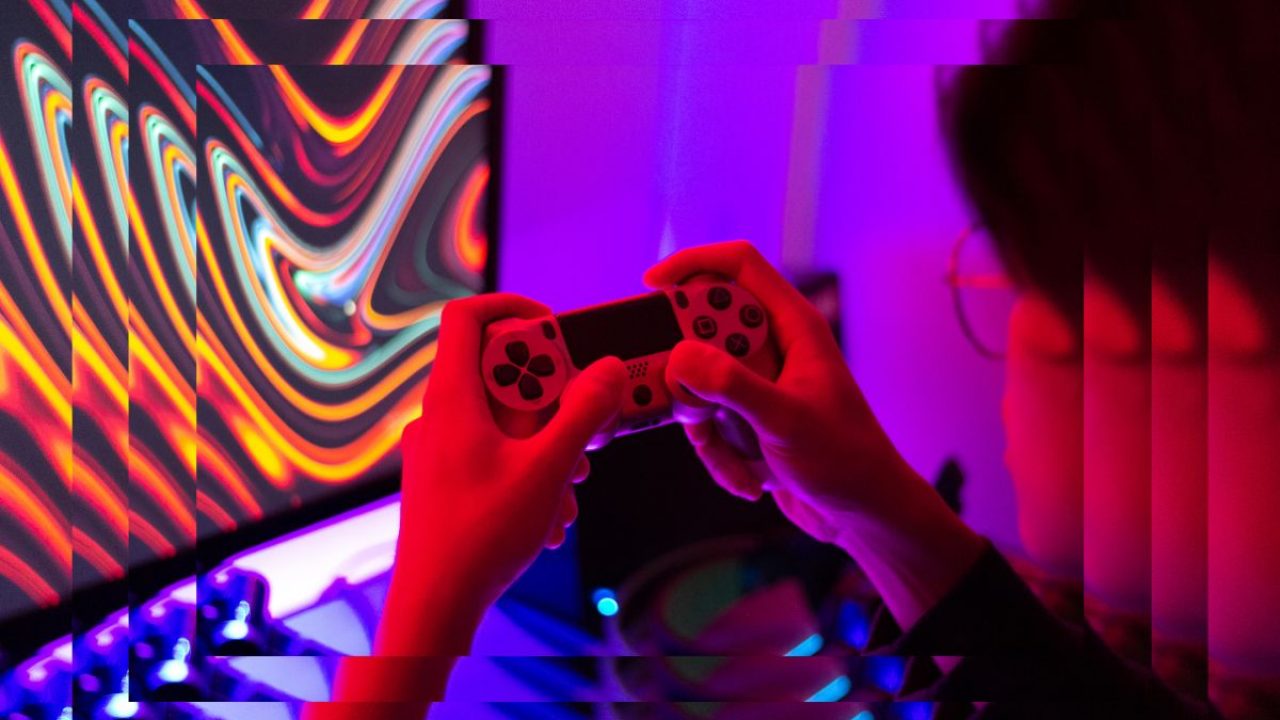The way we communicate, work, and go about our everyday lives—including how we make money and play games—has changed significantly due to this change. Utilizing the value-generating potential of Blockchain technology, Web3 is a technical advancement that is gaining popularity quickly. This technology is causing a new wave of change in many different fields.
As the gaming industry continues to expand, businesses are increasingly embracing the potential of web3 technology in game development. This has led to the rise of a specialized web3 game development company uniquely equipped to build innovative, decentralized games that leverage blockchain and cryptocurrency. These companies are leading the way in exploring the potential of web3 gaming and creating new opportunities for players and developers alike.
Let’s look at how Web3 gaming has evolved through time and how it differs from the classic games you are used to.
Post Contents
What is web3?
The term “web3” was originally used in 2014 by Ethereum co-founder Gavin Wood, and it was at that time the concept of web3 was first conceived. Early internet versions were very reliant on the internet and had limited potential. Web3 technology, in Wood’s opinion, is a powerful accelerator for expanding the global IT sector. In light of this, events changed.
The core tenet of web3 is the decentralization of the internet. The main motivation for introducing this technology is shifting power from intermediaries to end users. The core architecture of web3 technology, which is based on blockchain, cryptocurrencies, and NFTs, enables an unrivaled degree of security, transparency, and immutability.
The special features of Web3 demonstrate how it might upend several businesses. For this reason, big companies are dipping their toes into the new wave. Let’s look at the many uses that technology enables.
A new kind of gameplay known as Web3 emphasizes decentralization, ownership, and incentives. It represents the third stage of internet development after Web1 and Web2. While Web2 was concentrated on user-generated content and social connections, Web1 was focused on open-source and open standards. In contrast, Web3 has a decentralized internet about value exchange and self-sovereignty.
How is the Game Industry Expanding?
The gaming sector is growing swiftly and has a lot of room for expansion. According to Deloitte’s 2021 projections, online game income in India would grow at a 40% CAGR, or over 2.8 billion, by 2022. The gaming sector significantly supports a few blockchain-based protocols, including Tron. The decentralized blockchain-based protocol seeks to provide web3 game developers with the resources they need to create blockchain-based games and to provide the best gaming experience to players worldwide.
More individuals are becoming addicted to play-to-earn gaming models, which has resulted in a boom in the gaming business. Over time, the sector has seen a significant transformation due to technological integration, and the emergence of web3 is now ushering in a paradigm shift. By 2021, the APAC gaming market is expected to be valued at over $174 billion, up from its estimated market value of $72.2 billion in 2019. As players turn their attention away from video games and towards blockchain-based games, these numbers are anticipated to rise further.
With the opportunity for users to make money while playing games, Web3 will completely transform the gaming industry. In-game premium assets will be available to buy, sell, and trade, resulting in a play-to-earn model instead of a free-to-play one. Due to this transition, the industry’s dynamics are already changing, and the promise of web3 has led many specialists to invest in developing the gaming sector. This post will examine how blockchain-based gaming and web3 may change the gaming business.
The advantages of Web3 gaming include the following:
Focus on Ownership
Web3 provides participants control over their online information and emphasizes data ownership. This results in actual ownership of in-game goods, making the gaming experience safer.
Potential Early Influencers
With the ability for players to control their in-game assets and data, Web3 and decentralized web technologies provide the gaming industry with exciting new prospects. This creates a gaming environment that is more open, transparent, and safe.
Earning Possibilities
With the globe going online, the gaming business is expanding quickly, giving players greater opportunities to make money via skin marketplaces and other web-based economies.
Variety in Gaming
Although the gaming industry is diverse, games often lack diversity. The promise of a more accessible gaming experience is provided by Web3 technology.
Freedom to Modify
Open-source games allow players to build their gaming experiences beyond the developer-provided material since anybody with coding abilities may update them.
Key Features of Web3 in Gaming:
By enabling users to own, sell, and profit from in-game assets, Web3 game development is transforming the gaming industry. Decentralization is the core of web3 gaming, which offers enhanced security and a host of advantages.
Ownership Proof and Interoperability
With the rising popularity of NFTs providing genuine ownership and interoperability in gaming, proof-of-ownership is one of the key characteristics of web3 gaming. Through NFTs, players may transfer their in-game items for profit outside the gaming industry and completely control them.
Transparency in a Democratic Gaming Environment
Web3 gaming relies on voter consensus to modify the game process and runs autonomously with little central control. Decentralized governance organizations (DAOs) have grown in popularity, and gaming is now more open. There is no participation of a third party, giving players greater control.
Player-Centered Gaming
Restoring player control and establishing a setting that meets their requirements are top priorities in web3 gaming. The playing experience is prioritized above immediate financial gain.
It’s critical to comprehend the following technologies since they form the backbone of web3 in gaming:
Technology-Based on Blockchain:
Blockchain is the proper application of this technology, enabling web 3 gaming to be a part of customized economies where players can claim ownership of the in-game items they use.
Web3 games are built using blockchain technologies to provide permissionless and trustless access. Blockchain ultimately makes decentralized applications viable, paving the path for further openness and transparency. When paired with web 3, these apps provide the ability to enable in-game objects and transactions.
Smart Contracts
Smart Contracts help define the contract’s terms and automate the execution of code. Smart contracts decrease the possibility of data tampering and improve process accuracy, security, and transparency by restricting intermediary control.
Digital Wallets
Blockchain-based digital wallets are a critical component of web3’s continuous development. In contrast to conventional wallets, these wallets store private and public keys to transmit and receive network transactions. Additionally, they provide transaction histories, and the balances of the addresses to the keys are related.
Artificial Intelligence
Traditional games are stagnant; thus, adding new elements, energy, and interactions is necessary for increased interest. Artificial intelligence is helping the game industry achieve the perfect level of user engagement without requiring extra work.
It enables computers to understand information similarly to how individuals do. Because of this, characteristics like speed and interaction potential are always improving, creating better game experiences.
Conclusion
As billions of gamers globally and blockchain use is expanding quickly, web3 games provide substantial commercial potential. GameFi may be a historic movement to be involved in with the right resources, given that it is still in development. Tokenomics, smart contract deployments, in-game design strategy, and user research are elements in creating a true gaming ecosystem.
According to experts, more and more gamers are expected to use web3 technologies in the modern business landscape. This shift towards web3 gaming is likely to progress the entire industry, but it could also lead to more equitable compensation for both players and owners. To take advantage of this growing trend, it’s important for companies to partner with a reputable web3 development company that can help them leverage these cutting-edge technologies and stay ahead of the curve.
The strong support for blockchain, the availability of NFTs as in-game assets, and the development of huge communities known as DAOs are among the most remarkable characteristics of current web3-based games. It is easy to foresee how decentralized gaming will change in the future: it will be more immersive, social, and linked than it is now.










